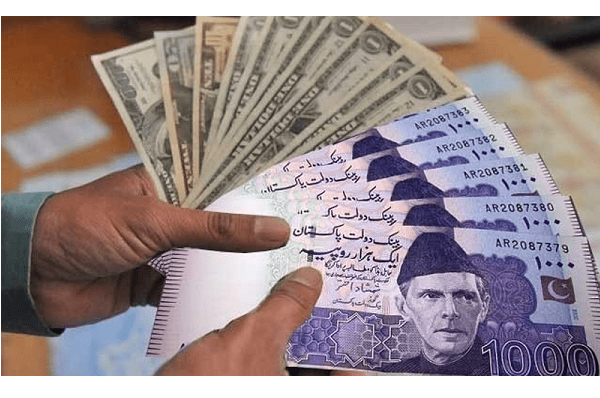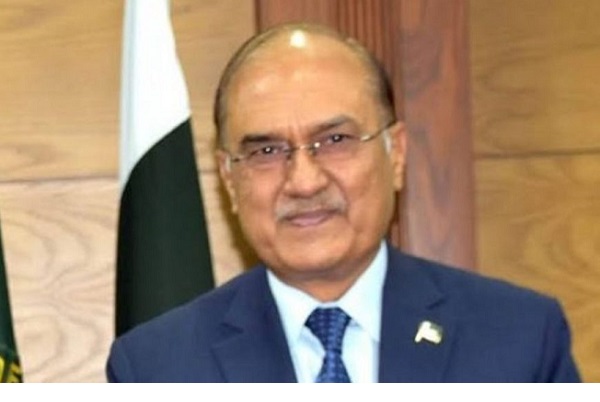ISLAMABAD: Former defence secretary Lt-Gen (r) Naeem Lodhi has proposed an end to incendiary discourse against institutions,
KARACHI: The rupee rebounded in the open market on Wednesday as a crackdown on the informal currency market started to help the gap between the interbank and open-market rates edge closer to the International Monetary Fund’s (IMF) target of 1.25 per cent.
Meanwhile, the State Bank of Pakistan has also stepped up supervision of the foreign exchange market, ordering banks to set up separate entities to conduct forex transactions and extending a clampdown on hard-currency hoarders and smugglers.
The rupee catapulted to 312 to the dollar in the open market on Wednesday from 323 a day ago. However, the local currency gained little in the interbank market, rising by 12 paise to close at 306.98. Nevertheless, the dollar-rate gap between the two markets has now shrunk to 1.6pc.
“Following the crackdown, illicit currency dealers are now in the shadows. The open market has stabilised, even though trading volumes have diminished,” Malik Bostan, president of the Forex Association of Pakistan, said.
Mr Bostan denied reports that law enforcement officials were deployed at exchange companies to monitor operations.
Under a $3 billion loan programme agreed in July to avert a default on Pakistan’s sovereign debt, the International Monetary Fund told authorities to limit the premium between the rupee’s interbank and open market rates to 1.25pc over any given five business days.
The State Bank said on Wednesday it had decided to introduce structural reforms in the exchange companies’ sector to provide “better services to the general public and bring transparency and competitiveness”.
“This is expected to strengthen governance, internal controls, and compliance culture in the sector,” the central bank said in a statement, adding that banks engaged in foreign exchange operations were required to set up separate entities for these transactions.
Besides, various types of existing exchange companies and their franchisees would have to be “consolidated and transformed into a single category of exchange companies with a well-defined mandate”, it said.
The SBP also enhanced the paid-up capital of exchange companies to Rs500 million from Rs200m, and said it was banning B-category exchange companies with a paid-up capital of Rs25m.
“Exchange companies having paid-up capital (free of losses) below PKR 500 million, are advised to enhance their paid-up capital to the required level latest by December 31, 2023,” it said.
The SBP stressed the need for introducing structural reforms in the sector since the “desired level of quality of governance, internal controls and compliance with laws and regulations has not been achieved”.
It outlined a transition process for exchange companies, their franchises, and Category B exchange companies to become mainstream exchange firms.
It said Category B firms “may graduate to exchange companies after meeting all regulatory requirements, within three months; otherwise, their license would be cancelled.”
You May Also Like
NEW YORK: Columbia University began suspending student demonstrators on Monday after they defied an ultimatum to disperse.
WASHINGTON: Senior officials of India's notorious Research and Analysis Wing (RAW) have reportedly been involved in approving the






